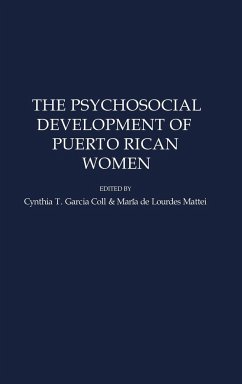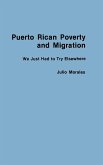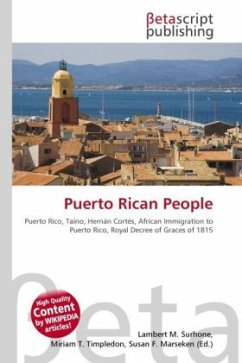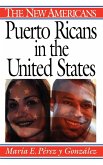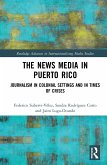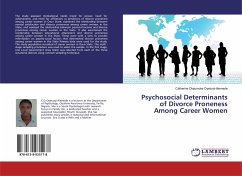?This collection presents a diversity of dilemmas faced by many Puerto Rican women at various periods in their life cycle. Psychosocial issues are presented, using methodologies that range from literary analysis of short stories and biographies to statistical analysis. Major developmental stages are analyzed and all significant topics in the experience of Puerto Rican women are discussed and nicely woven into a cohesive theme. Migration, displacement, acculturation, the erosion of traditional social structures, the phenomenon of single-headed households, and the modifications imposed on the traditional mother role are perceptively treated. The collection is exciting in the wealth of knowledge it offers, especially to those attentive to the sparse but growing literature on Hispanic women. Strongly recommended for graduate and undergraduate students, particularly for those interested in issues of gender and ethnicity.?-Choice
This collection of original papers explores the psychological and social development of the Puerto Rican woman from a lifespan developmental perspective. Using a wide range of methodologies and perspectives, the book addresses important issues of growth and development, among them cultural constructs of womanhood, adaptation to school, early pregnancy, sexuality, migration, autonomy, family interaction, and aging. Choice This collection of original papers explores the psychological and social development of the Puerto Rican woman from a lifespan developmental perspective. Using a wide range of methodologies and perspectives, the book is organized around the major developmental stages: childhood and adolescence, adulthood, and growing old. An ideal supplemental text for courses in the psychology of women, Puerto Rican studies, and cross-cultural psychology, the book addresses important issues of growth and development, among them cultural constructs of womanhood, adaptation to school, early pregnancy, sexuality, migration, autonomy, family interaction, and aging. The book begins with an introductory section that examines the social, demographic, and cultural variables that affect Puerto Rican women and provides a historical and social context for understanding the profound changes experienced by the Puerto Rican people in recent decades. In the section of childhood and adolescence two chapters look at how Puerto Rican girls learn the American student role and the problems of adolescent pregnancy respectively. The following group of papers explore developmental issues during adulthood, with separate chapters on the effects of social background on the expression of female sexuality, the implications of cross-cultural transitions, the role of the single female head of household, the conflict between autonomy and social networks, and the problems of elderly Puerto Rican women. Taken together, these essays offer a spirited contribution to the women's studies curriculum.
Hinweis: Dieser Artikel kann nur an eine deutsche Lieferadresse ausgeliefert werden.
This collection of original papers explores the psychological and social development of the Puerto Rican woman from a lifespan developmental perspective. Using a wide range of methodologies and perspectives, the book addresses important issues of growth and development, among them cultural constructs of womanhood, adaptation to school, early pregnancy, sexuality, migration, autonomy, family interaction, and aging. Choice This collection of original papers explores the psychological and social development of the Puerto Rican woman from a lifespan developmental perspective. Using a wide range of methodologies and perspectives, the book is organized around the major developmental stages: childhood and adolescence, adulthood, and growing old. An ideal supplemental text for courses in the psychology of women, Puerto Rican studies, and cross-cultural psychology, the book addresses important issues of growth and development, among them cultural constructs of womanhood, adaptation to school, early pregnancy, sexuality, migration, autonomy, family interaction, and aging. The book begins with an introductory section that examines the social, demographic, and cultural variables that affect Puerto Rican women and provides a historical and social context for understanding the profound changes experienced by the Puerto Rican people in recent decades. In the section of childhood and adolescence two chapters look at how Puerto Rican girls learn the American student role and the problems of adolescent pregnancy respectively. The following group of papers explore developmental issues during adulthood, with separate chapters on the effects of social background on the expression of female sexuality, the implications of cross-cultural transitions, the role of the single female head of household, the conflict between autonomy and social networks, and the problems of elderly Puerto Rican women. Taken together, these essays offer a spirited contribution to the women's studies curriculum.
Hinweis: Dieser Artikel kann nur an eine deutsche Lieferadresse ausgeliefert werden.

